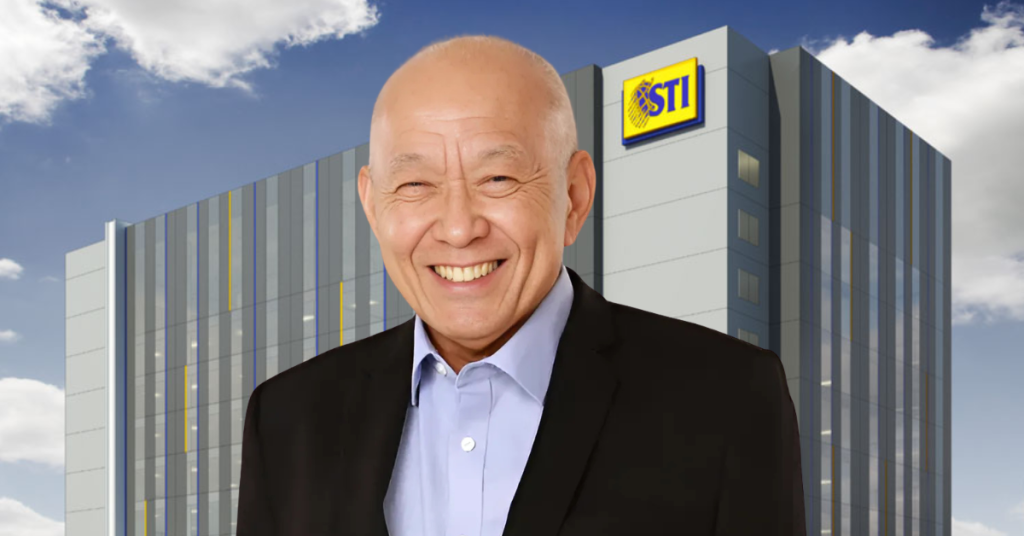When Eusebio “Yosi” Tanco first saw the state of STI schools, he knew something had to change.
“The first time I looked at STI schools, I found them to be similar to those of our closest competitor,” says Tanco, now Chairman of STI Education Systems Holdings. “The schools were mostly inside old buildings. One school was even at the second floor of an apartment.”
That didn’t sit right with him.
“This was not the way education should be,” he says. “I wanted to put up my own campuses with state-of-the-art facilities. I don’t want to be in a wet market anymore.”
For Tanco, education wasn’t just about teaching — it was about creating the right environment to inspire learning. That meant building clean, modern, purpose-built campuses that could match the ambition of the students who walked through their doors.
But Tanco’s vision extended beyond the physical transformation. He wanted STI to offer education that actually prepared students for the real world.
“You have to be relevant,” he explains. “Many of our educational institutions produce graduates that are a total mismatch with what the market needs.”
He pointed out a critical gap: the booming BPO industry was hiring in large numbers, yet many schools weren’t training students with the right skills to match that demand. Tanco saw an opportunity — not just to build better campuses, but to align education with the country’s economic reality.
Under his leadership, STI expanded its programs to focus on industry-relevant courses, particularly in areas like information technology, business, and health sciences — sectors with growing job opportunities.
What started as a collection of schools in outdated spaces is now a national network of modern campuses, offering thousands of students access to quality, market-ready education.
The bottom line: For Yosi Tanco, upgrading education wasn’t just about fixing buildings — it was about transforming futures. And that starts by building schools that look, feel, and function like the future students are preparing for.
This article includes quotes from an interview originally published by Esquire Philippines, authored by Henry Ong.
![]()



